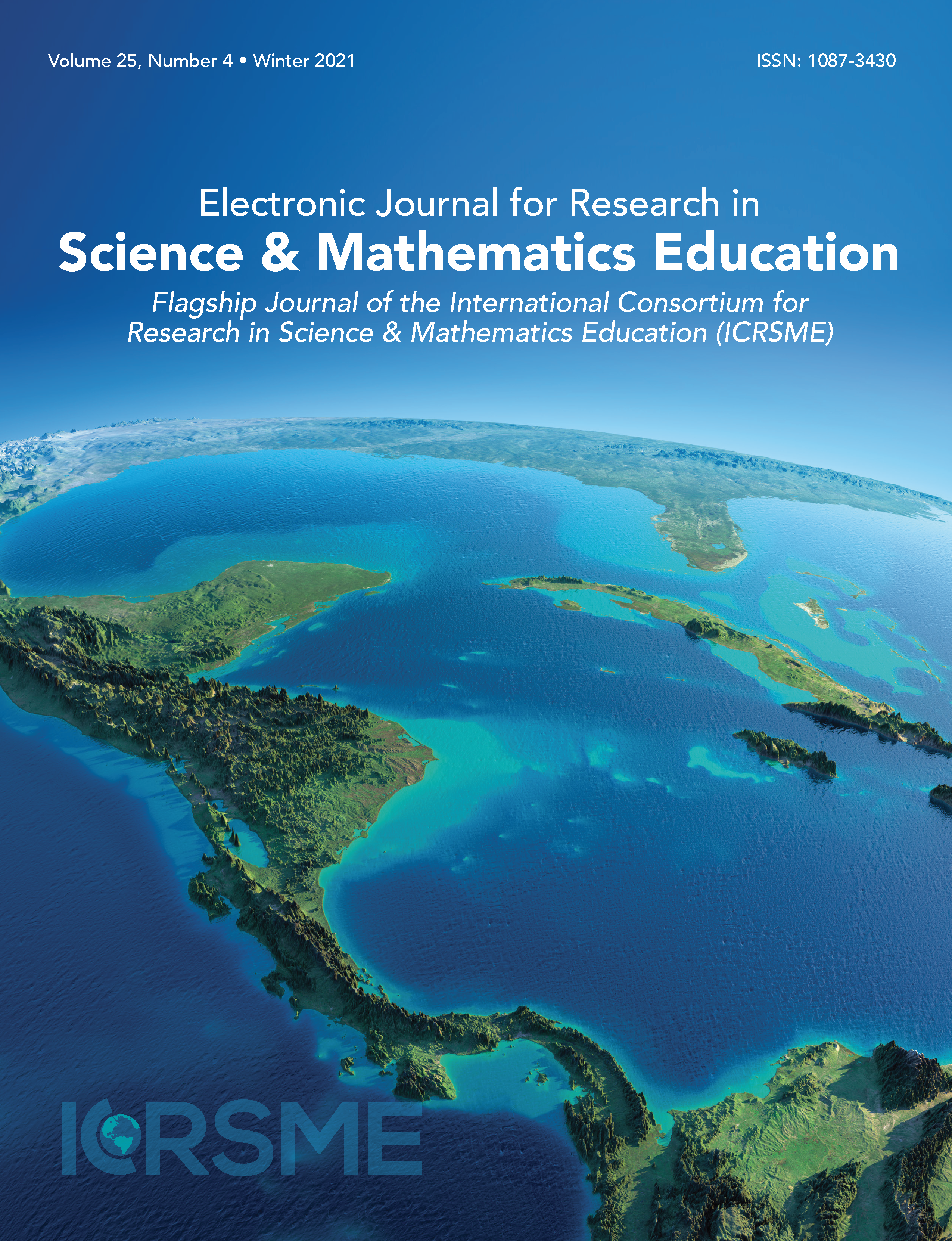Broadening Conceptions of STEM Learning “STEM Smart Skills” and School-Based Multilingual Family Engagement
Main Article Content
Abstract
STEM education researchers are well aware of the need for increased access and inclusivity in Science, Technology, Engineering, and Mathematics (STEM) education for students from culturally and linguistically diverse (CLD) backgrounds. One of the many barriers for students from underserved cultural and linguistic groups is the difficulty of connecting families to school models of STEM education. This is one reason we advocate for improvement in culturally relevant STEM curriculum and content instruction. This commentary does not focus on STEM content instruction, although we certainly believe children from CLD communities deserve high expectations and high quality, culturally sustaining STEM pedagogy. In this article we discuss non-curricular skills that are vital to success in STEM – and the advantages of sharing with family members the importance of particular essential life skills that support STEM learning. Communicating these essential “STEM Smart skills” showcases the power and influence that families have in kids’ STEM learning. In this commentary we describe a school-based family STEM night that included a demonstration that success in a STEM task is not based primarily on content knowledge but on “STEM Smart skills.” Many family members found success in the activity, regardless of parents’ educational level or background in STEM. Family members’ rich life experiences, critical thinking skills, and cultural knowledge include these “STEM Smart skills.” We argue that teachers and schools should communicate to families about these life skills. This focus can benefit students by highlighting family members’ power and role in teaching and modeling essential skills for students’ STEM success. This focus also can benefit educators by challenging common stereotypes about families from underrepresented cultural and linguistic backgrounds. In this way, acknowledgement of “STEM Smart” life skills could play a small part in dismantling structural racism and inequitable power relations between schools and communities.
Article Details
© 2025 Electronic Journal for Research in Science & Mathematics Education (EJRSME)
